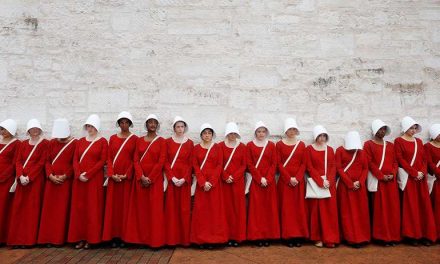But it could also act as a contributory factor to those new public health problems. Watching TV was part of a shift towards more sedentary lifestyles, and also a vehicle through which products that were damaging to health, such as alcohol, cigarettes and unhealthy food, could be advertised to the public. Population health problems could be worsened by TV viewing.
How should we understand the relationship between TV and public health? What are the key changes and continuities over time and place? How does thinking about the relationship between public health and TV change our understanding of both?
In this three-day conference, we seek to explore questions such as:
- How did the enthusiasm develop for TV within public health?
- How were shifts in public health, problems, policies and practices represented on TV?
- How was TV used to improve or hinder public health?
- What aspects of public health were represented on TV, and what were not?
- How did the public respond to health messages on TV?
- What were the perceived limitations of TV as a mass medium for public health?
- In what way was TV different from other forms of mass media in relation to public health?
- How were institutions concerned with the public’s health present – and staged – on TV broadcasts?
The conference aims to bring together scholars from different fields (such as, but not limited to, history, history of science, history of medicine, communication, media and film studies, television studies) working on the history of television in Great Britain, France and Germany (West and East) (the focus of the ERC BodyCapital project), but also other European countries, North and South America, Russia, Asia or other countries and areas.
Papers might focus on one national, regional or even local framework. Considering the history of health-related (audio-) visuals as a history of transfer, as entangled history or with a comparative
perspective are welcome. The organizers welcome contributions with a strong historical impetus from all social and cultural sciences.
The conference will be held on 27 February-1 March 2019, at Institute of Historical Research, London, with a film screening hosted by the Wellcome Collection.
Please send proposals (a short CV and an abstract or outline of 500 words) by 15 November 2018 to tkoenig@unistra.fr
Limited travel grants are available, upon application and in accordance to need.
A selection of the conference papers on European topics will be published with VIEW (Journal of European Television History and Culture) in a special issue on Television and Public Health. Please
review their publication requirements if you are interested in submitting your paper. http://viewjournal.eu/
The conference is organized by the ERC funded research group BodyCapital, and hosted by the Centre for History in Public Health London School of Hygiene and Tropical Medicine.
The healthy self as body capital: individuals, market-based societies and body politics in visual twentieth century Europe (BodyCapital) project is directed by Christian Bonah at the Université de Strasbourg in collaboration with Anja Laukötter at the Max Planck Institute for Human Development, Berlin. The project is funded by the European Research Council (ERC) under the European Union’s Horizon 2020 research and innovation programme (Advanced Grant agreement No 694817).
The scientific committee includes:
Christian Bonah (Université de Strasbourg)
Anja Laukötter (Max-Planck-Institute for Human Development, Berlin)
Tricia Close-Koenig (Université de Strasbourg)
Angela Saward (Wellcome Collection, London)
Tim Boon (Science Museum, London)
Virginia Berridge (London School of Hygiene and Tropical Medicine)
Alex Mold (London School of Hygiene and Tropical Medicine)





